In the domain of financial reporting and compliance, lease accounting has for some time been a mind boggling and provoking region for associations to explore. The presentation of new accounting principles, for example, the Financial Accounting Guidelines Board (FASB) and the Global Financial Reporting Norms (IFRS), has added an extra layer of intricacy to lease accounting software. However, the coming of lease accounting software has shown to be a distinct advantage, smoothing out the interaction and guaranteeing compliance with these norms.
The Intricacy of Lease Accounting
Lease accounting includes the recording and reporting of lease arrangements, which can incorporate a large number of resources, from land to hardware and vehicles. Generally, leases were arranged as either working or capital leases, each with its own arrangement of accounting rules. This made lease accounting a monotonous and blunder inclined task.The presentation of new accounting principles, for example, FASB’s ASC 842 and IFRS 16, has changed the scene of lease accounting. These norms expect associations to perceive lease resources and liabilities on the asset report for most lease game plans. While this gives a more precise portrayal of an organization’s financial position, it likewise adds intricacy to financial reporting.

The Job of Lease Accounting Software
Lease accounting software is intended to work on the lease accounting process and guarantee compliance with the most recent accounting guidelines. Here are a portion of the key advantages:
- Computerization:Lease accounting software computerizes numerous parts of lease accounting, decreasing the manual exertion expected to ascertain lease commitments, premium costs, and devaluation plans. This robotization limits the gamble of blunders and guarantees exactness in financial reporting.
- Incorporated Information:These software arrangements give a concentrated vault to all lease information, making it simple to get to and oversee lease arrangements, terms, and installment plans. This concentrated information guarantees straightforwardness and consistency across the association.
- Compliance:Lease accounting software is worked to stick to the most recent accounting guidelines, for example, ASC 842 and IFRS 16. It guarantees that lease commitments and resources are precisely recorded on the asset report, assisting associations with meeting compliance prerequisites.
- Reporting:These software arrangements offer powerful reporting abilities, permitting associations to produce financial reports and exposures expected by accounting guidelines. This streamlines the financial reporting process and gives partners the data they need.
- Perceivability:With lease accounting software, associations gain perceivability into their lease portfolios, empowering them to come to informed conclusions about lease recharges, terminations, and exchanges. This perceivability can prompt expense reserve funds and better lease the executives.
- Incorporation:Many lease accounting software arrangements can incorporate with an association’s current accounting and undertaking asset arranging (ERP) frameworks, guaranteeing consistent information stream and lessening the gamble of information storehouses.
Lease accounting software is an important device for associations trying to work on compliance with complex lease accounting norms. Via mechanizing computations, unifying lease information, guaranteeing compliance, and smoothing out reporting, this software enables financial groups to meet their commitments productively and precisely.As lease accounting principles keep on developing, lease accounting software will assume an undeniably basic part in simplifying the lease accounting process. Associations that put resources into these arrangements can smooth out financial reporting, lessen compliance dangers, and arrive at informed conclusions about their lease portfolios. In a period of elevated examination of financial reporting, lease accounting software is an important resource for associations, all things considered.







